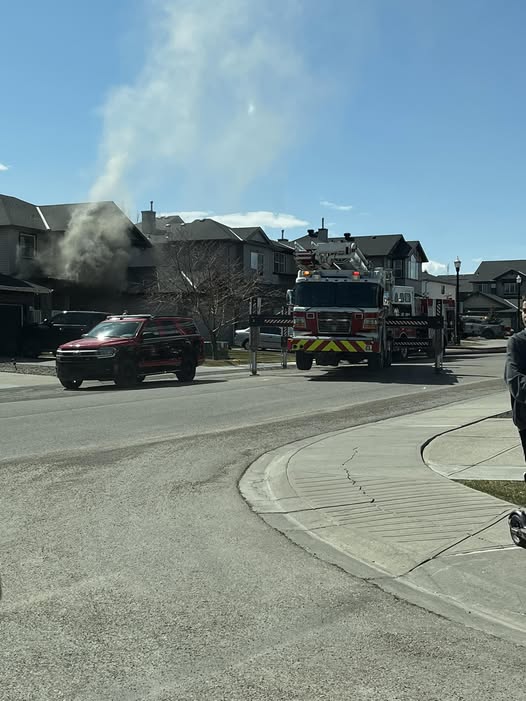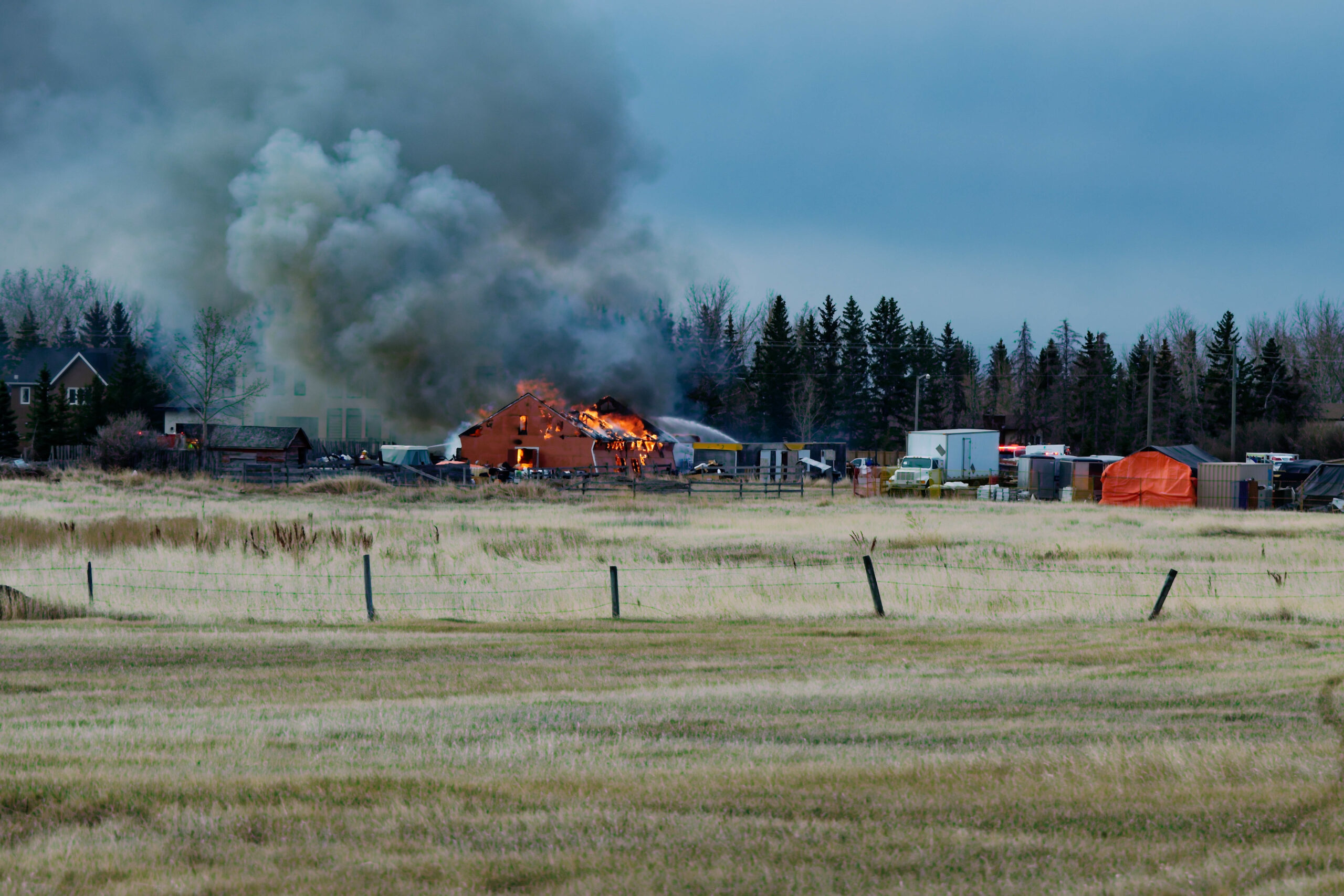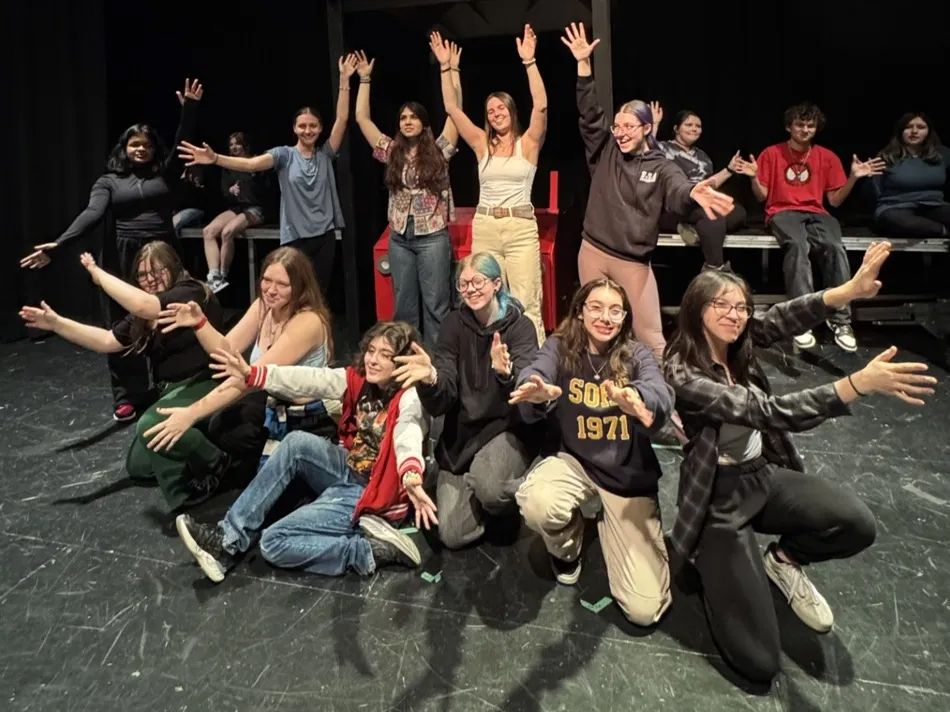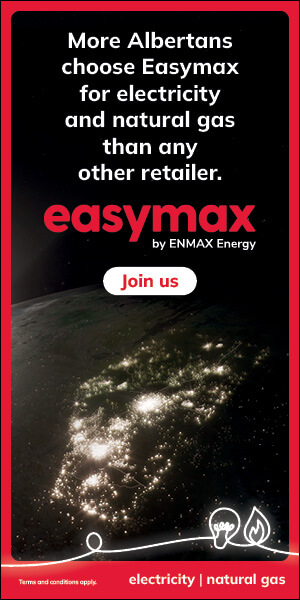In the picturesque surroundings of Rosebud, a small hamlet known for its theatrical offerings and quaint pie shop, a contentious battle is unfolding. Here, the serene landscape of farms and cattle pastures could soon be transformed into a bustling $500-million racing park, if the Badlands Motorsports Resort’s plans come to fruition. The proposed development, intended for street-legal vehicles, includes multiple racetracks, a go-kart track, and additional amenities like a hotel and condominiums.
Local residents, however, are voicing strong opposition. A sign near the site, peppered with bullet holes, reflects the deep-seated resistance that has lasted over a decade. “I am angry that we have to put our community through this. It’s not right. It should never have gotten this far,” said local resident Wendy Clark, who has been in the hamlet for 42 years.
The project began in 2006 when a group of doctors, led by Calgary radiologist Dr. Jay Zelazo, purchased 194 hectares along the Rosebud River valley. Despite obtaining necessary approvals and planning a $30 million first phase—which includes paving a 10-kilometre road to the site at an additional cost of $15 million—the project faces continuous delays primarily due to financing challenges.
James Zelazo, CFO of Badlands and father of Dr. Zelazo, expressed frustration over the opposition. “It’s disheartening [that opponents] won’t accept what the county made sure we did, meeting the bylaw requirements and all the documents just because they don’t want it,” he stated.
Environmental concerns have been central to the opposition. Critics argue that filling in two wetlands to build the track could threaten local bird populations, including bank swallows, eagles, hawks, and falcons. Although these concerns were dismissed by Alberta’s Environmental Appeals Board in March for lack of evidence, Environment Minister Rebecca Schulz acknowledged the need for ongoing environmental monitoring and additional mitigation to protect the wetlands.
Local conservationists like Kennedy Halvorson from the Alberta Wilderness Association highlight the broader ecological impact. “About three-quarters of the natural grassland in the Rosebud River valley is already gone due to human activity. It’s one of the last areas of the grasslands that’s super healthy and has a lot of biodiversity,” Halvorson explained, noting the presence of numerous species at risk in the area.
The locals remain hopeful for a compromise. “We would pay what it’s worth. It’s increased in value. We’ll provide a fair and equitable exit,” offered Richard Clark, a lifelong Rosebud resident. If negotiations fail, the community is prepared to take legal steps, including a possible judicial review of the environmental board’s decision.
As the dispute continues, the residents of Rosebud stand firm in their commitment to preserving their community’s tranquility and natural heritage, underscoring a broader dialogue about development and conservation in Alberta’s changing landscapes.
Rosebud Residents Rally Against Proposed $500 Million Racetrack
As environmental and community concerns persist, locals oppose the development about 50 minutes from Chestermere, fearing impacts on the landscape and wildlife.
In response to Canada's Online News Act and Meta (Facebook and Instagram) removing access to Canada's local news from their platforms, Anchor Media Inc encourages you to get your news directly from your trusted source by bookmarking this site and downloading the Rogue Radio App. Send your news tips, story ideas, pictures, and videos to info@anchormedia.ca.









Local folks should be entitled to decide what is best for their own community. Wealthy radiologists from Calgary with litigitious accountant fathers to back them may think they are entitled to organize matters and provincial tax money to suit their own real estate development idea but they are simply not.
This should have been stopped by the environmental board which claimed there was insufficient evidence of damage. Exactly how much evidence do you need? Filling in and destroying wetlands isn’t enough?
We live in a world where mutual respect for the place we live and ourselves is vital. Wetlands are a vital part of that.
The arguments in its favor seem to be 1. We need a racetrack. 2. We own the land and therefore should be able to do what we like with it within reason, 3 Those opposing us have vested interest too . 4. Farmers are not environmentalists in fact they are the primary destroyers of natural land, 5. The area will benefit from the crowds we attract and 6. farmers too use fossil fuel.
The arguments against it: 1. the local don’t want it and don’t like their provincial tax money being used for it, 2. The water tables are vitally maintained by wetlands, 3. The noise and general disruption to the peaceful ambience of the area will be a detriment not an asset locally. 4. If a race track is needed, and that’s a big If, then build it where the city folks who want it have general access. Here it is limited to those elites able to reach it easily.
Solution: bring on an application to review the two-man environmental board decision and present the credible evidence of destruction it claims was lacking first time around and if there is a finding of sufficient evidence then purchase the land from the race car group using a land swop.
WE love logic!